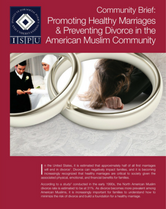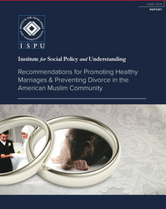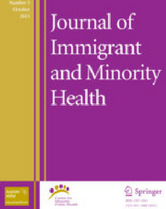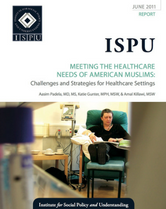
Amal Killawi
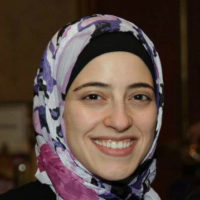
Expert
Amal Killawi is a clinical social worker, researcher, and community educator. She serves as a research fellow with the Family & Youth Institute and scholar with the Institute for Social Policy & Understanding. Amal holds a Bachelors in Psychology, Masters in Social Work, and a Certificate in Sexual Health from the University of Michigan. She is currently pursuing her PhD in Social Work at Rutgers University.
Amal has a special interest in community-based participatory research and the provision of culturally competent care. Her previous experience includes working as a counselor with college students and domestic violence survivors, conducting research on family and health challenges in the American Muslim community, and serving as an online counselor and writer.
Additional Skills: Trained in SPSS, NVivo, & Atlas TI applications; Experienced in conducting focus groups and interviews, qualitative data analysis, community outreach, and designing and delivering community education; and Proficient in Arabic, spoken and written. Certified in the following research-based programs: -PREPARE/ENRICH (marriage preparation & enrichment) -PREP (divorce prevention & marriage enhancement) -FOCCUS (marriage preparation) -SMART STEPS (adults & children in stepfamilies) Ad Hoc Reviewer: Journal of Muslim Mental Health (JMMH) & Progress in Community Health Partnerships: Research, Education, and Action (PCHP)
Education
Areas of Expertise
- American Muslim Health
- Cultural Competency
- Community-Based Research
- Social Work
- Mental Health
-
Sexual Health
-
Health Disparities
Publications
Community Brief: Promoting Healthy Marriages & Preventing Divorce in the American Muslim Community
Recommendations for Promoting Healthy Marriages &
24 June, 2014Full Report: Recommendations for Promoting Healthy Marriages & Preventing Divorce in the American Muslim Community
As divorce becomes more prevalent among American M
24 June, 2014Traditional Healing Practices among American Muslims: Perceptions of Community Leaders in Southeast Michigan
Despite growing numbers of American Muslims, littl
08 July, 2011Meeting the Healthcare Needs of American Muslims
The Islamic values and cultural practices of Ameri
08 June, 2011


